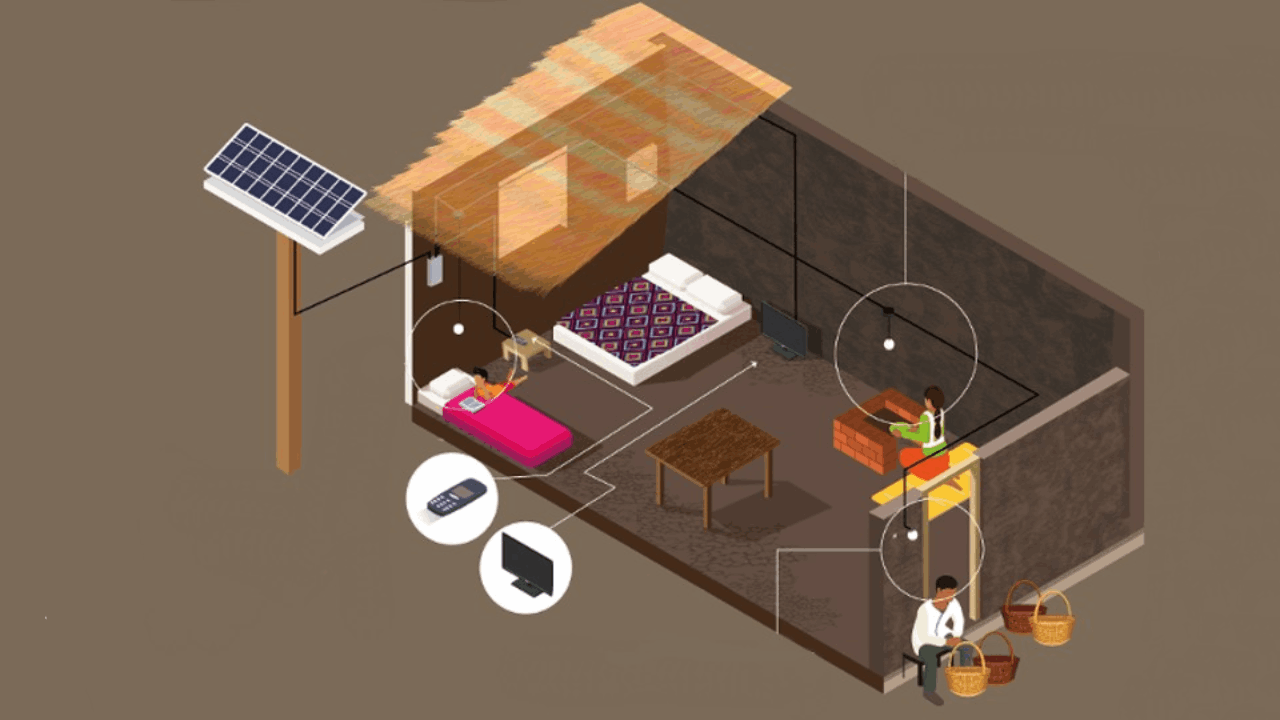Rural communities in Mexico jealously guard a word from the Nahuati language, one which has even acquired legal status: tequio. It means something like “the need for each member of the community to resolve the needs of all”, i.e. by contributing to the building of the overall welfare of the village. Tequio is one of the strongest institutions for cohesion in indigenous communities in Mexico. More than simply neighborhood solidarity, it’s a way of connecting with the Earth and nature, of caring for and respecting the environment that is their home.
acciona.org has been working in Mexico for 10 years now, supplying basic services like energy, drinking water and sanitation to remote communities in the state of Oaxaca.
In rugged, inland areas, the ACCIONA Foundation has become an active witness to what tequio - the collective efforts to generate a positive impact on the environment - means to the communities as a source of opportunities, including the building of the future.
Since 2012, when acciona.org launched the Oaxaca "Luz en Casa" programme, many of the region’s remotest communities have benefited from a basic electricity supply thanks to the installation of photovoltaic systems. And, since 2018, the EncASa Oaxaca programme has brought them potable water, sanitation services and the means by which to cook hygienically – eco-technologies which improve the quality of life in these villages, many of which are indigenous in origin, while keeping their cultural identities intact.
Do you know what a dry toilet is? The short answer: a dignified toilet, especially when installed in areas where it’s difficult to provide sewage services or running water, and where hygiene is deficient by default. The long answer: a bathroom that doesn’t need water like traditional toilets, but where the deposits are covered with an absorbent mixture of lime and soil that not only avoids foul odors, insects and the spread of disease, but also transforms the excrement into fertilizer.
One of the services acciona.org provides in all these communities is the installation of dry toilets. As with other infrastructure the foundation has brought to the area, the installation is carried out by the users themselves with the help and supervision of acciona.org, which capacitates them by teaching them how to build the facilities, so they can then teach others how to do the same and in this way the community becomes autonomous in terms of sustainability and maintenance.
They taught me, I am teaching him and he will show someone else...”
Chilean journalist Amaro Gómez-Pablos, and popular Mexican actor Karla Souza, travelled to some of these communities in which acciona.org is working to find out how the lives of people have changed without them losing the essence of their identities, or their symbiotic, integral relationship with the environment they live in.
Another of the best-known functions of acciona.org, not only in the Mexican state of Oaxaca, but also in regions such as the Peruvian Amazon among others, is to take electricity to communities where the chance of conventional electrification is non-existent. Difficultly-accessed rural areas without electricity distribution networks can lead to health problems and fewer educational opportunities for children.
Thanks to the acciona.org programs, homes nestling in wild terrains and river environments, surrounded by nature that fortunately hasn’t changed since time immemorial, now enjoy 8 hours of continuous electricity and light a day. Youngsters can do their homework without having to cram it into the hours of daylight or study by candlelight, and small, local grocery stores can stay open at night…
The day ACCIONA arrived was the last one we spent in the dark".
The Foundation supplies affordable electricity to each home via a system comprising a solar panel, three LED light bulbs and cabinet containing the battery that stores the electricity and system controller. Families can connect their apparatus to this equipment, charge their mobile devices and benefit from light during several hours a day. They also have a customer service center which they can call when a fault occurs on their system, or they want to question their invoices, replace a part, or buy compatible electro-domestic equipment.
Around 80,000 people in remote areas, in the different continents where acciona.org works, are benefiting from these programs, whether that’s in Mexico, Chile, Peru or Panama. Soon, as well as adding more customers in these countries, new countries will also join the fold such as the Philippines.
These long-established programs prove that sustainability is not just about the environment, but also economic and social, with initiatives applying appropriate technologies for each region, guaranteeing their maintenance and, above all, focusing on the local population and its needs, customs and capacities, while transforming the quality of life of people and the way we relate to what the planet offers us.
The work of acciona.org involves project conception that goes far beyond economic, environmental or social sustainability. Initiatives promote regeneration, a systemic focus with nature as mentor, and play a decidedly more local and human role.
The planet needs a new vision and, with it, different ways of tackling projects. The climate emergency demands our commitment to decarbonization through renewable energies and clean energy systems. But it also requires of us a responsibility to add, generate and regenerate. In other words, it means going further than just undertaking large projects, it signifies developing cooperation networks that generate a positive impact in each region, understanding their cultural identity, their uniqueness, and the specific necessities of each community we collaborate with.
